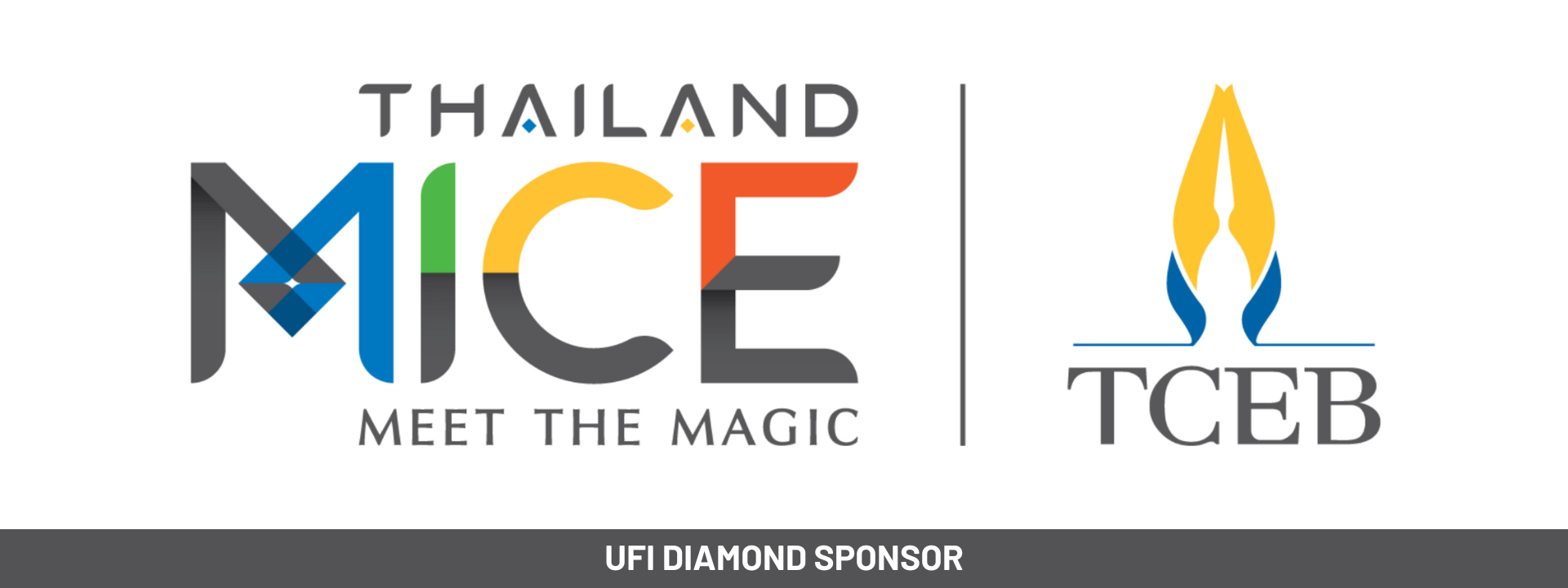Posted by
Barry Siskind
Community Manager
The world of exhibiting is quickly changing; new technologies, new opportunities and new challenges. One of an organizer’s chief difficulties is convincing their exhibitors that their participation in an event is worth the effort (and expense).
I read an interesting article in the March edition of Exhibiting Magazine, http://www.exhibitingmagazine.co.uk/, written by Andy Bass titled “Do you Measure up.”
Andy Bass’s thesis is that when exhibitors include the time to measure their exhibit effectiveness they are 42% more likely to increase their marketing
budgets. Measurement has always been an important issue but it had risen to the forefront during the past decade.. Andy Bass’s five guidelines for measurement: are;
Measure the right things
Compare apples with apples
Level the playing field
Do the homework
See the big picture
Measurement not only provides proof of success it also acts as a benchmark to measure changes by adding such things as social media. I am sure this will be one of the many topics at the UFI Focus meeting titled Social Media: Business Benefits to be held in Kiev on April 4 – 6. What you will glean at the meeting will be information that will surely help your organization as well as information you can pass along to your exhibitors.






Hello Barry,
I think, there is no doubt about measuring being a senseful instrument to get booth concepts evaluated, to monitor booth performance and to check target achievements. And there are enough tools and methods to measure from HQ-lead counting to KPI-management sufficiently existing. On the other hand, the most serious deficit is another: missing targets. Firstly, suryeys prove, that 50 and more percent of exhibitors participate without having defined any concrete goals. And – this I can say from my daily experience as an auditor in this field – if a target exists, it mostly is not a sufficiently defined one, but too generic and not broken down to operational needs. In a nutshell: much too much show participations are not target based, thus not evaluable. If you don’t have a target to get achieved, what is ought to be measured? And secondly: those who are open for KPIs and measurement often don’t have the budget beyond booth for measurements, as many measurements demand money, especially if one likes to learn visitor responses.
So I totally agree with the sense and benefits of measuring results and the figure of 42% budget increase probability by measurement is an interesting dimension, however the basic problems are missing preconditions for measurement.
Best regards
Ralph